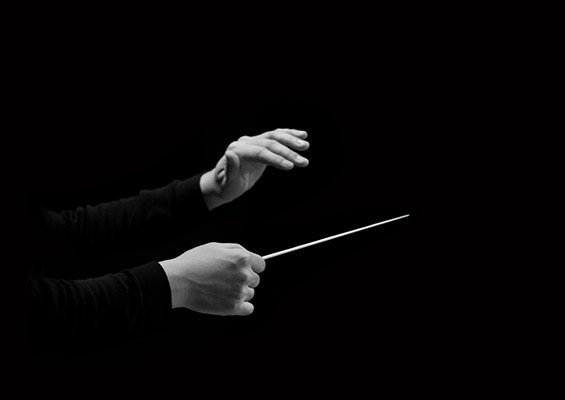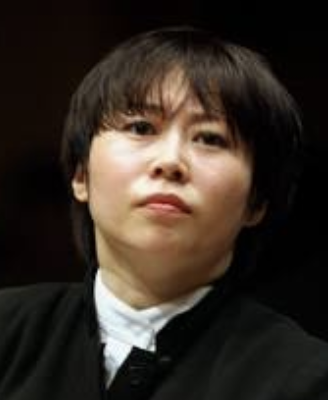
I have been in New York City for the last five months working on forthcoming musical theatre projects for Broadway and on-demand online digital musical theatre initiatives. This always pulls at priorities of planning concert seasons and keeping up with my discourse on the state and art of orchestral and Opera conducting around the world. The upside of being in New York is the opportunity to hear and see the pantheon of great orchestras from around the world – and of recent interest and much conjecture – the revolving door of conductors trying out for the music directorship of the wonderful New York Philharmonic. [Updated: Gustavo Dudamel appointment confirmed]
Nevertheless, I have been keeping tabs on some fascinating articles from a variety of contributors on the matter of pertinence to this blog. Let’s firstly take an article written by Simon Woods, President and CEO, League of American Orchestras (13 December, 2022) from their Symphony Magazine.
Whereas, one can only concur with Mr. Woods expectations as to the attributes of what a fine conductor should be; although I am in disagreement as to the role-models he cites who have recently “…made such deep impressions” in concerts here in NYC (if you really want to make such unattributed statements, you should firstly ask the players who played in these concerts!) I have much deeper concerns as to his analysis of the skillset that should be the arsenal of music directors of American symphony orchestras.

Mr. Woods asserts that the problem with the systemized training of assistant conductors relies too heavily on an emphasis on “…efficiency, clarity, and professionalism” but it is these very attributes that allow orchestras to prepare programs (often on two – or less – rehearsals). It is somewhat disingenuous to blame emerging conductors in the acquisition of these hard-to-acquire skills as an argument for “development of distinctiveness. At this time in particular we need many reasons for audiences to make the trip to concert halls, and one of those is music-making that’s individual enough to stick in your mind.”
From my perspective, lauding this unabashed distinctiveness and individualism is often at the expense of actually performing what the composer has written – and, when wilfully ignored or not understood, is always unacceptable. Given that I was in attendance at all of the concerts to which Mr. Woods refers, he seems to be unaware that orchestral balances were quite poor, the orchestras were not together in many places and dynamic control was all but absent for much of the time. So, if this as an experience for audiences wherein such musical matters of artistry don’t matter, then orchestral music-making is in trouble. Of course, the ridiculous propensity for New Yortk audiences to give standing ovations at every concert, everywhere, gives easy rise to perceptions that every concert is one-off, lifetime event. This is obviously false. Notwithstanding, one recent concert where this was the case was the Rachmaninov ‘blockbuster’ concerti program with superstars Yuja Wang and Yannick Nézet-Séguin with his Philadelphia Orchestra at Carnegie Hall. Wow!
As Mr. Woods cites, “I don’t know of an executive director or board chair of an American orchestra who is not deeply anxious about the future of their audiences.” In this I have no doubt he is correct. However, the panacea for this abiding concern is far too neatly resolved in his belief “…music directors can be vital agents of change, with a commitment to diverse stages and repertoire, authentic engagement with young people, and the building of an artistic profile that reflects the orchestra’s particular community and people.” I have always found such pronouncements to utterly misrepresent the underlying problem of why orchestras find it so difficult to authentically engage with their local community. And this is why:
You cannot build it and hope the audience will come. Orchestras must find their audience and treat them honestly and with humility. To do this, you have to understand their fears and anxieties around a musical artform from which they are ever increasingly disenfranchised, don’t at all understand (but, mistakenly perceived as ‘not liking’) is wholly inconsistent with the means through which they engage with the real (or for that matter, the ‘virtual’) world, i.e. smartphones and other XR devices; a complete absence of contextual relationship to other artforms they do understand and, more commonly than is realised, giving the impression they are missing out on something that the ‘privileged’ few are offering them for which they should be grateful.

Conversely, in an excellent article by Alex Ross in the New Yorker (16 December, 2022) Mr. Ross ascribes to almost the opposite view as espoused by Mr. Woods. The premise of this article is that pretentiousness in music-making and not trusting the music leads to impotent interpretations separate necessarily to the quality of execution. Ross cites the examples of concerts given by conductors Klaus Mäkelä and Xian Zhang in New York in recent months and then, astutely, makes a comparable observation in respect to Mäkelä’s release of the Sibelius symphonies with the Oslo Philharmonic.
Unquestionably Mäkelä’s performance of the Tchaikovsky Symphony No. 6 (“Pathétique”) with the New York Philharmonic was hopelessly superficial compared to performances I have seen over the years given by Rozdhestvensky, Svetlanov or the impecable intepretation on recordings by the legendary Yevgeny Mravinsky, but this young man is unquestionably the real-deal as a musician. As per Mr. Ross’s insight, it really isn’t possible for a young conductor to live the ineffable tragicness of this sublime symphony – it comes only with maturity and evolving musical insight. And therefore, we deny audiences the opportunity first coming to this, and other comparable masterworks, in attempts to engage them in the pillars that make up the orchestral canon if such first-time experiences of such music is inert. Should young conductors then not conduct these works? Of course not, but we shouldn’t laud them for their over-exuberant flashiness at the expense of the greater awareness needed to convey meaning as articulated by the composer.
In contrast Ms. Zhang is described by Ross as an “…immaculate podium technician” and, generally, I am in agreement. What makes this young Chinese-American conductor so interesting is that her technique is not at all detrimental to the excitement of the peformances she is able to elicit from her players. Moreover, her repertoire choices do “reach” out to an audience excited to come and explore her programming ideas.
Neither technique nor practised individualism (think Mirga Gražinyt?-Tyla?) is sufficient. It is the honesty and depth of music-making that draws people (think Daniele Gatti, Fabio Luisi or Kirill Petrenko?) Perhaps the Executive directors or Board chairs might cogitate on this more than they seem to do right now.
